SC Pride Law Enforcement Working Group Update
In June 2024, the Santa Cruz Pride Board tasked three Board members to convene a Working Group of community members to “identify the best way to have a community conversation about the relationship between LGBTQ+ people and law enforcement in Santa Cruz County, and then to implement that plan.”
The Board subcommittee further refined the group’s purpose, identified key people to invite, determined the Working Group should be no larger than 10 people, and set the agenda for the first meeting.
The Working Group has been meeting since July 30, 2024 to better understand the tension that exists between the LGBTQ+ community and law enforcement in Santa Cruz County.
We have learned about the following:
There was tension and messiness among us as we got to know one another to build our community to focus on our purpose.
We realize that reports about how law enforcement in Santa Cruz County treats LGBTQ+ community members are anecdotal and not formally reported except through the news media and social media.
How law enforcement operates in California is governed at the state level by the state organization, the Commission on Peace Officer Standards and Training (POST) Program based on California Penal Code Sections 13503, 13506, and 13510 (https://post.ca.gov/ ).
POST determines what data law enforcement reports to the state.
There is no ongoing local or state data collected related to law enforcement and the treatment of LGBTQ+ people.
One of the few reports that addresses the relationship between the LGBTQ+ community and law enforcement was completed in 2023 and 2024 by three researchers in partnership with the ACLU. The report results were based on surveys of 1,480 adults across the U.S. between the ages 18-94, of which 798 identified as LGBTQ+ and 682 as non-LGBTQ+ and also did follow up interviews with a select group of people:
Website (includes 59 interviews and other resources): https://policingtherainbow.com/
In conversation with the authors (Jenness and Grasso), we learned that the cost to do a survey with analysis and a report would cost between $100,000 and $200,000.
We will also reach out to UCSC to see if there are researchers there who might like to help or be involved.
We agreed to the following:
We should identify standards or data related to local law enforcement so we can measure progress over time. However, no standards like this exist.
We agreed to do some research to learn what research has been done related to law enforcement and the LGBTQ+ community.
We agreed to possibly pursue two surveys: a survey of people across Santa Cruz County and a survey of law enforcement.
Our next action steps are:
Pursue a survey of the community with help from UCSC students, professors and others in 2025
Consult with the authors of the “Pollicing Progress” report for their guidance.
Seek funding for a survey, if needed.
